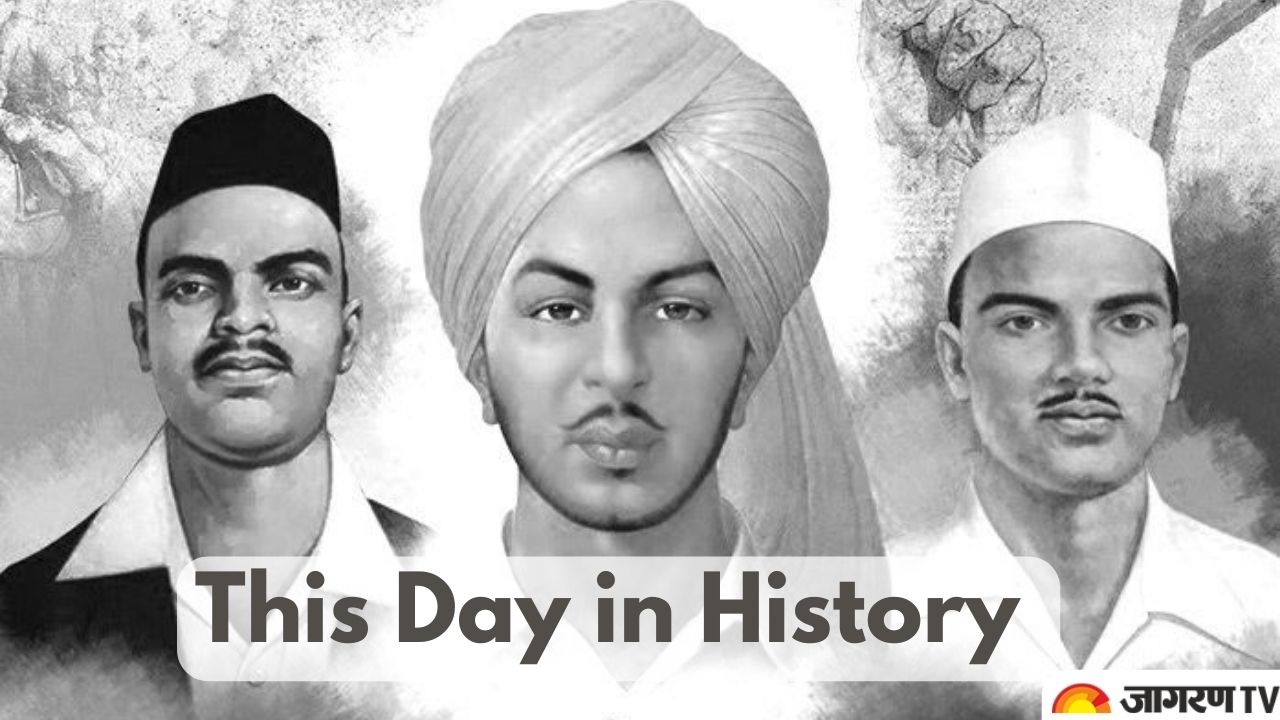March 23rd holds special significance in world history due to several notable events, movements, and personalities associated with this date. From political milestones to cultural celebrations, March 23rd represents a tapestry of human achievements, struggles, and triumphs across different continents and eras. In this exploration, we will delve into some of the most significant events and themes linked to March 23rd, spanning various fields such as politics, science, culture, and society.
1. Pakistan Day:
March 23rd is celebrated as Pakistan Day, commemorating the Lahore Resolution of 1940, also known as the Pakistan Resolution. This resolution marked a pivotal moment in the history of British India when the All-India Muslim League demanded a separate nation for Muslims in the subcontinent. The Lahore Resolution laid the groundwork for the creation of Pakistan in 1947, leading to the partition of British India into India and Pakistan.
On Pakistan Day, elaborate ceremonies, military parades, cultural events, and flag-hoisting ceremonies take place across Pakistan. It serves as a reminder of the struggles and sacrifices made by the leaders and people of Pakistan to achieve independence and uphold the principles of democracy and self-determination.
2. Death of Bhagat Singh, Rajguru, and Sukhdev:
March 23rd is also a day of remembrance for the sacrifice of Indian freedom fighters Bhagat Singh, Shivaram Rajguru, and Sukhdev Thapar. They were executed on March 23, 1931, by the British colonial authorities in India for their involvement in the Lahore Conspiracy Case and the assassination of British police officer John Saunders.
Their martyrdom symbolizes the spirit of nationalism, courage, and sacrifice in India’s struggle for independence. March 23rd is observed as Martyrs’ Day in India, with tributes paid to these iconic revolutionaries who continue to inspire generations with their ideals of freedom, justice, and equality.
3. World Meteorological Day:
March 23rd is designated as World Meteorological Day by the World Meteorological Organization (WMO) to mark the establishment of the WMO on this date in 1950. This global observance highlights the importance of meteorology and climate science in understanding and addressing environmental challenges such as climate change, natural disasters, and sustainable development.
Each year, World Meteorological Day focuses on a specific theme related to meteorological and climatological issues, promoting public awareness, scientific research, and international cooperation in meteorological endeavors.
4. Cultural Significance:
In various cultures and traditions around the world, March 23rd may hold specific cultural or religious significance:
- Holi Festival in India: Depending on the lunar calendar, the colorful festival of Holi, celebrating the arrival of spring and the victory of good over evil, often falls around March 23rd. It is a time of joyous celebrations, music, dance, and the playful throwing of colors among participants.
- Nowruz (Persian New Year): In Persian and Central Asian cultures, March 21st marks Nowruz, the Persian New Year and the beginning of spring. Nowruz celebrations continue for several days, incorporating rituals, feasts, and symbolic customs that reflect themes of renewal, prosperity, and cultural heritage.
5. Scientific Milestones:
March 23rd also intersects with significant achievements and milestones in the realm of science and technology:
- James Watson and Francis Crick’s DNA Discovery: On March 23, 1953, scientists James Watson and Francis Crick announced their discovery of the double helix structure of DNA, a groundbreaking revelation that revolutionized genetics, molecular biology, and our understanding of heredity.
- World Tuberculosis Day: Although officially observed on March 24th, World Tuberculosis Day is closely linked to March 23rd as it commemorates the discovery of the tuberculosis bacillus by Dr. Robert Koch on March 24, 1882. This infectious disease awareness day raises global awareness about tuberculosis prevention, treatment, and research efforts.
6. Political and Historical Events:
Throughout history, March 23rd has witnessed significant political and historical events that shaped nations and societies:
- Military Coup in Greece (1967): On March 23, 1967, a military coup d’état took place in Greece, leading to the establishment of a military junta that ruled the country until 1974. The coup had profound political, social, and cultural repercussions for Greece and its democratic institutions.
- Signing of the Affordable Care Act (Obamacare): On March 23, 2010, President Barack Obama signed the Affordable Care Act (ACA) into law in the United States, aiming to reform the country’s healthcare system and expand access to health insurance coverage for millions of Americans.
Conclusion:
March 23rd emerges as a multifaceted day that encapsulates diverse themes of national identity, freedom struggles, scientific progress, cultural celebrations, and political milestones. Whether it is Pakistan Day’s commemoration of independence, honoring the sacrifice of freedom fighters in India, recognizing scientific achievements, or observing cultural festivities and global awareness days, March 23rd serves as a reminder of humanity’s collective journey, challenges, and aspirations across the world. It underscores the interconnectedness of history, culture, science, and society, inviting reflection on past legacies and inspiration for future endeavors towards a more enlightened and harmonious world.






